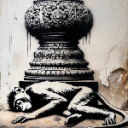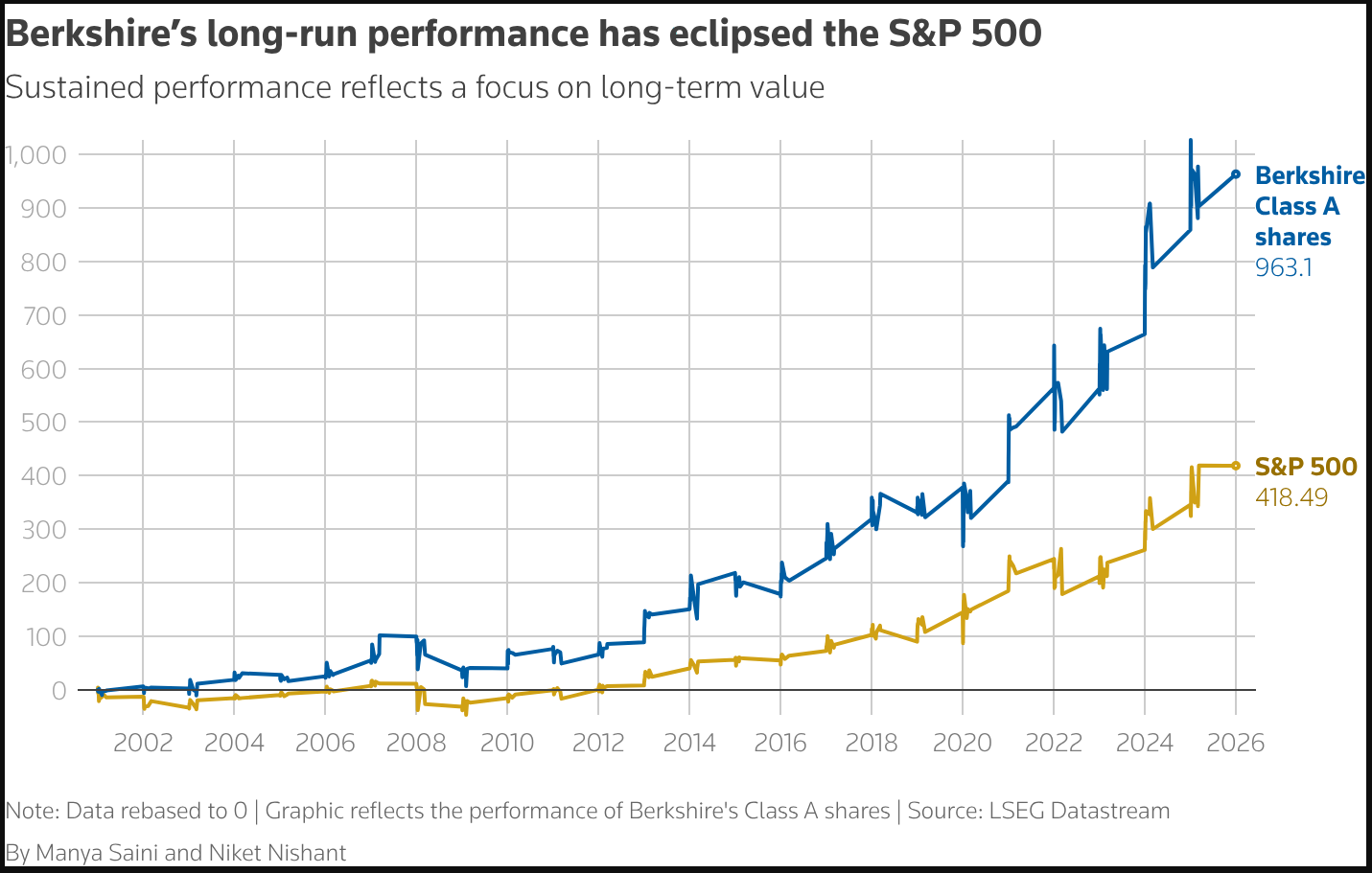Warren Buffett may be a successful investor, but he has made mistakes. The journalist, Becky Quick, once asked him about his blunders. Buffett said, ‘the dumbest stock I ever bought— was— drum roll here— Berkshire Hathaway’. This snippet of information surprised me. Buffett started buying Berkshire in 1962, at $7.50 a share. It now trades around $750,000! Yes — that’s the share price, not the market cap! And yet, Buffett called Berkshire Hathaway a $200 billion blunder. When he first saw the stock, he saw a bargain. Later in life, he said, ‘I would have been better off if I’d never heard of Berkshire Hathaway.’ He would always resent the fact that a large chunk of cash had been sunk into an unprofitable business — cash which could have been invested elsewhere at high rates of return. Was the writing on the wall? To answer, we must return to 1962 and see the world as Buffett once saw it.
A value opportunity?
Back in 1962, Buffett was a zealous disciple of Ben Graham and David Dodd — the founding fathers of value investing. He had memorised their textbook, Securities Analysis, and once admitted, ‘I knew the book even better than Dodd.’ The principles of value investing were drummed into his head. Buffett was attracted to Berkshire Hathaway because he saw a value investing opportunity. Berkshire was a struggling textile company, selling at a discount to the value of its assets (i.e. mills). Warren connived a plan to buy shares on the cheap, in the hope that Berkshire would buy them back at a premium. This made sense. Berkshire had previously been selling off mills, before using the cash proceeds to buy back its own stock. This reasoning led Buffet to believe that Berkshire was worth $19/share, even though it was trading at $7.50.
Or a value trap?
It was an elaborate plan, but it didn’t quite work out, in part because Warren’s emotions got the better of him. We may think of Buffett as a folksy, grandfatherly figure, but they say we look at history through tinted glass. Buffett was once a young corporate raider, charging around, selling off this and that company and firing people along the way. When Buffett fell out with the management at Berkshire, he decided to buy up the whole company and fire the managing president. He won the boardroom battle, but it was a…









